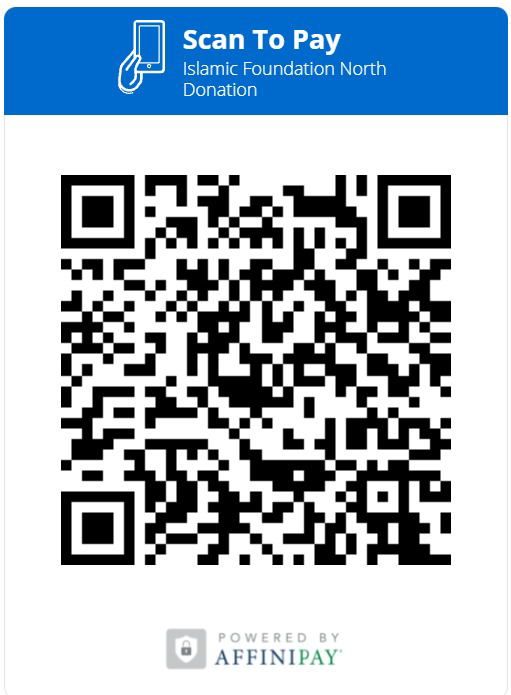IMAM'S CORNER (BLOGS & EVENTS)
May 2025
Click the link below to view the slides for the Hajj Seminar
March 2022
Recommended Reading List for Fard 'Ayn by Imam Azfar Uddin
In Islamic law, fard ayn knowledge refers to legal obligations that must be known and performed by each individual Muslim who is sane and post-pubescent. Topics include Qur’an, Islamic Law (Fiqh), Beliefs (Aqidah), purification of the heart, Hadith, History, psychology and autobiographies of key figures in Islam.
General Books on Islam
Submission, Faith and Beauty: The Religion of Islam by Hamza Yusuf
Being Muslim by Asad Tarsin
The Absolute Essentials of Islam: Faith, Prayer, and The Path of Salvation, by Faraz Rabbani
Darul Qasim has an online course on the Islamic Essentials
How to Enjoy the salah Presentation
If you want all four parts of this presentation,let me know
https://www.youtube.com/watch?v=Xlp_eavaqGo
Islamic Belief
The Creed of Imam al-Tahawi, translated by Hamza Yusuf
Islamic Law
Ascent to Felicity: A Manual on Islamic Creed and Hanafi Jurisprudence by Faraz Khan
Reliance of the Traveller: A Classic Manual of Islamic Sacred Law by Nuh Ha Mim Keller
Life of the Prophet
1) In the footsteps of the Prophet by Tariq Ramadan
2) Noble Life of the Prophet (3 Vols.) by ‘Ali Salaabee
You’re more than welcome to join our interactive Sirah class with my community online. Let me know and I can add you to the Whatsapp group.
The Qur'an
- The Qur'an: A new translation by Abdel Haleem
- Etiquette with the Qur'an, by Musa Furber
3) The History of the Qur‘anic Text: From Revelation to Compilation: A Comparative Study with the Old and New Testaments Paperback by Muhammad Mustafa al-Azami
Tajwid
Illustrated Tajweed New Edition Combined Volume 1 and 2 by Dr. Ayman Rushdi Swaid
I’ve heard good reviews of the website below for learning Qur’an online.
Hadith
The content of Character: Ethical sayings of the Prophet Muhammad, translated by Hamza Yusuf
The Forty Hadiths of Imam al-Nawawi Yahya Ibn Sharaf Al-Nawawi
Islamic Spirituality
1) Purification of the Heart, translated by Hamza Yusuf
2) The Book of Assistance by Imam ‘Abdallah Ibn Alawi al-Haddad
3) Lives of Man by Imam ‘Abdallah Ibn Alawi al-Haddad (translated by Dr. Mostafa al-Badawi)
5) Inner dimensions of Islamic Worship by Abu Hamid al-Ghazali
Parenting in Islam
Imam Azfar speaks on Prophetic Parenting from 33:08
https://www.facebook.com/watch/live/?ref=watch_permalink&v=723633738595364
History
The Travels of Ibn Battuta by Ibn Battuta
Lost Islamic History: Reclaiming Muslim Civilization from the Past. By Ust. Firas al-Khatib
Autobiographies
The Autobiography of Malcolm X by Malcolm X
Sayyid Abul Hasan Ali Nadwi: Life and Works by Shaykh Mohammad Akram Nadwi
Arabic
Imam Azfar has heard good reviews about the Fawakih Arabic online course.


